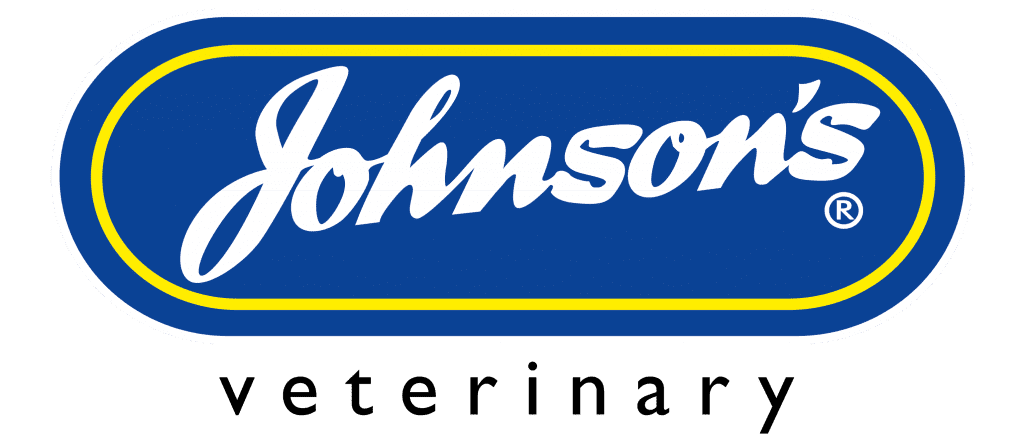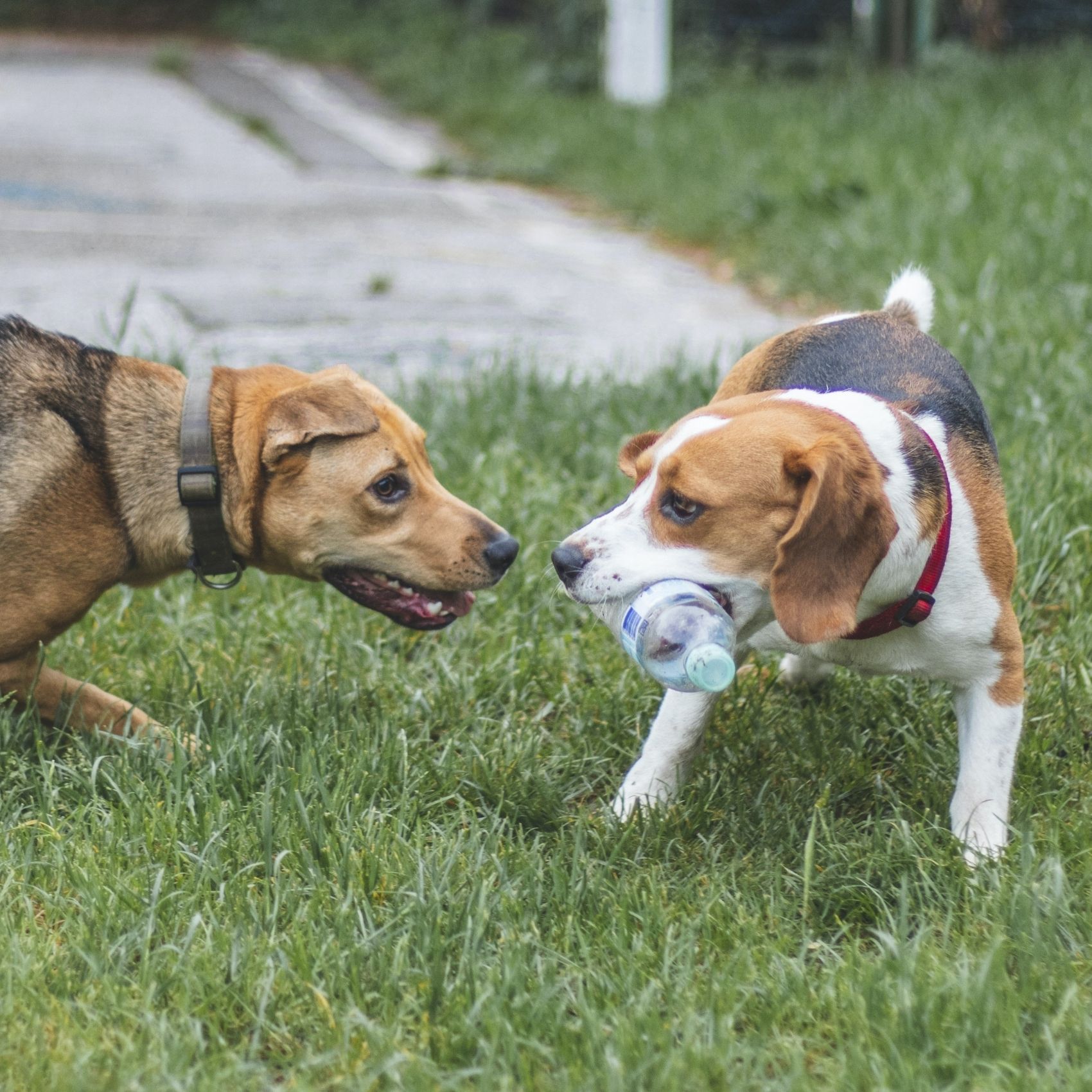In our last business blog, we detailed the reasons behind the increasing costs of goods in the UK, which now include the sharp rise in fuel prices and the impact they are having on the delivery and logistics sector.
Also, when you consider the cost of bringing a container in from China has risen to almost eightfold in the last 24 months and inflation in the UK is beginning to tick up, it’s no wonder we are all paying more for the products and services we need.
But the main focus of our article last time was the intention of the UK Government to introduce on 1 April 2022, a new tax on plastic packaging (PPT). This tax will apply to manufacturers of plastic packaging and businesses that import goods packaged in plastic. Like most taxes the shopper will ultimately pay the price.
What is the reason for the new plastic packaging tax?
The tax is designed to incentivise the use of recycled material in the production of plastic packaging and is applied at a rate of £200 per tonne on plastic packaging that contains less than 30% recycled plastic and applies on manufactured or imported material.
Whilst the aim is laudable, the impact of the new tax will be felt far and wide, affecting a lot of businesses across a range of sectors. The critical aspect some have missed is the need to register for the tax, even if the business hits or exceeds the 30% target and therefore does not have to pay.
With only a week to go there remains some confusion, particularly amongst retailers buying product from manufacturers such as Johnson’s Veterinary Products as well as those retailers buying product from abroad, most notably China, given its poor environmental record.
Businesses importing plastic packaging or products contained in plastic packaging into the UK or manufacturers of plastic packaging in the UK must register for the PPT and pay the appropriate tax when they exceed the threshold of 10 tonnes of plastic packaging over a 12-month period.
Compliance is the problem
One of the major issues for manufacturers like us, is the lack of recycled plastic in the supply chain, with most being swallowed up by organisations based in China. In recent years the country has made a business of taking in vast quantities of waste from other countries, much of it plastic.
At a time when living costs are spiralling, the need for cost-effective pet healthcare products, with price set by the open and transparent market, is more important now than ever before. Is this really the time to add further burden to manufacturers like Johnson’s?
And of course, this all comes on top of the packaging waste regulations, which has required Johnson’s to pay additional tax to the government, based on the fact we generate more than 50 tonnes of packaging in a calendar year.
We have invested heavily in recent years to reduce the waste we produce, notably by installing machinery that converts all of our waste outer cardboard cartons into packing material we can use to distribute product to our retailers. But it is all cost that has to be found from our revenues.
Johnson’s works hard to develop new products to increase the range of affordable healthcare products on sale in pet shops across the country, but it is becoming increasingly difficult to maintain the low prices that have defined our products for more than 100 hundred years.
Our business has faced and overcome many challenges in its long history, including World Wars, recessions and pandemics, so we will undoubtedly resolve this latest issue and perhaps return to the cardboard or glass packaging central to the Johnson’s brand since 1921. Watch this space.





